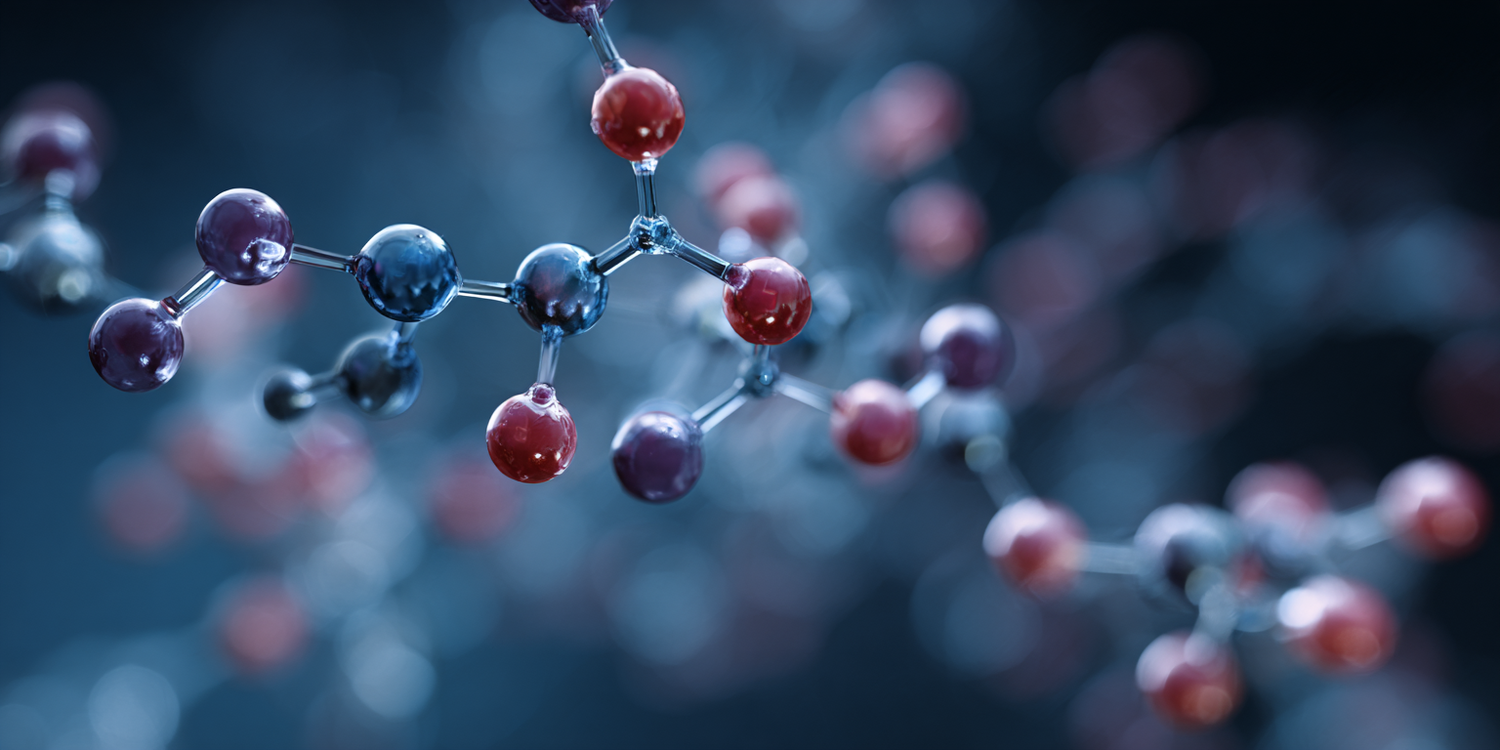In recent years, glutathione has gained significant attention in the health and wellness community. Often referred to as the body's master antioxidant, glutathione plays a crucial role in various physiological processes. But what exactly is glutathione, and why has it become such a popular dietary supplement? Let's dive into the world of glutathione and explore its potential benefits.
What is Glutathione?
Glutathione is a tripeptide composed of three amino acids: cysteine, glycine, and glutamic acid. It is naturally produced in our bodies and found in every cell, with the highest concentrations in the liver. Glutathione plays a vital role in neutralizing free radicals, supporting the immune system, and aiding in detoxification processes.
As we age or face environmental stressors, our natural glutathione levels may decline. This has led many to seek glutathione supplements to maintain optimal levels of this important antioxidant.
Potential Benefits of Glutathione
Research suggests that glutathione may offer various health benefits. Let's explore some of the potential advantages of glutathione supplementation:
- Antioxidant Support
Glutathione is known for its powerful antioxidant properties. It helps protect cells from oxidative stress, which is linked to various health issues. A study published in the Journal of Clinical Investigation found that glutathione deficiency contributes to oxidative stress, highlighting its importance in maintaining cellular health.
- Immune Function
Glutathione plays a crucial role in supporting the immune system. Research published in the European Journal of Clinical Nutrition suggests that glutathione may enhance the function of immune cells, potentially helping the body defend against infections.
- Detoxification Support
The liver, our primary detoxification organ, relies heavily on glutathione. A study in the Journal of Nutritional Biochemistry found that glutathione helps in the elimination of toxins and may support liver health.
- Skin Health
Glutathione has gained popularity for its potential skin health benefits. While more research is needed, some studies suggest that glutathione may help improve skin appearance. A small-scale study published in the Clinical, Cosmetic and Investigational Dermatology journal found that oral glutathione supplementation may have skin-lightening effects.
Forms of Glutathione Supplements
Glutathione supplements come in various forms, each with its own potential advantages:
Traditional oral glutathione supplements are widely available.
Liposomal glutathione is a form of glutathione supplement that uses liposomal technology to enhance absorption. This form may offer improved bioavailability compared to traditional oral supplements.
- Glutathione Injections
Some healthcare providers offer glutathione injections. This method bypasses the digestive system, potentially leading to higher absorption rates. However, it's important to note that this should only be done under professional medical supervision.
- Glutathione Precursors
Some supplements contain precursors to glutathione, such as N-acetyl cysteine (NAC), which the body can use to produce glutathione naturally.
Choosing the Right Glutathione Supplement
When considering a glutathione supplement, it's essential to choose a high-quality product from a reputable source. Look for supplements that clearly state their glutathione content and form. Always consult with a healthcare professional before starting any new supplement regimen, especially if you have existing health conditions or are taking medications.
Potential Side Effects and Considerations
While glutathione is generally considered safe for most people, some individuals may experience side effects. These can include abdominal cramps, bloating, and in rare cases, allergic reactions. It's important to start with a low dose and monitor your body's response.
Lifestyle Factors That Support Glutathione Levels
In addition to supplementation, certain lifestyle factors may help support natural glutathione levels:
- Eat a balanced diet rich in sulfur-containing foods like garlic, onions, and cruciferous vegetables.
- Regular exercise has been shown to increase glutathione levels.
- Get adequate sleep, as poor sleep quality can affect glutathione production.
- Manage stress through techniques like meditation or yoga.
Conclusion
Glutathione is a fascinating compound that plays numerous roles in our body's health and well-being. While glutathione supplements have shown promise in various areas, from immune support to skin health, it's important to approach supplementation with a balanced perspective. As research continues to evolve, we may uncover even more potential benefits of this powerful antioxidant.
Remember, while glutathione supplements may offer health benefits, they should not replace a healthy lifestyle. A balanced diet, regular exercise, and proper sleep remain the cornerstones of good health.
Disclaimer: The information provided in this article is for educational purposes only and is not intended to diagnose, treat, cure, or prevent any disease. Always consult with a qualified healthcare professional before starting any new supplement regimen.
References:
- Ballatori N, Krance SM, Notenboom S, Shi S, Tieu K, Hammond CL. Glutathione dysregulation and the etiology and progression of human diseases. Biol Chem. 2009;390(3):191-214.
- Droge W, Breitkreutz R. Glutathione and immune function. Proc Nutr Soc. 2000;59(4):595-600.
- Yuan L, Kaplowitz N. Glutathione in liver diseases and hepatotoxicity. Mol Aspects Med. 2009;30(1-2):29-41.
- Arjinpathana N, Asawanonda P. Glutathione as an oral whitening agent: a randomized, double-blind, placebo-controlled study. J Dermatolog Treat. 2012;23(2):97-102.
- Sinha R, Sinha I, Calcagnotto A, et al. Oral supplementation with liposomal glutathione elevates body stores of glutathione and markers of immune function. Eur J Clin Nutr. 2018;72(1):105-111.





